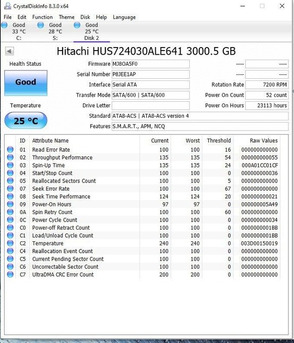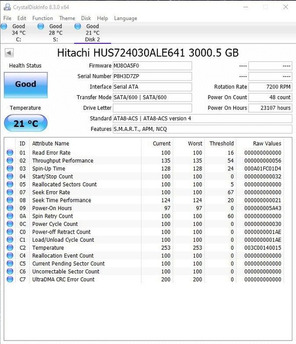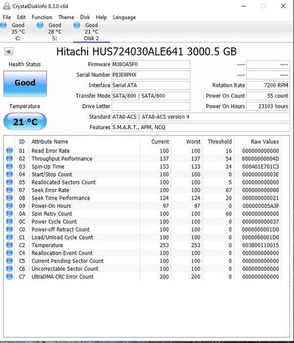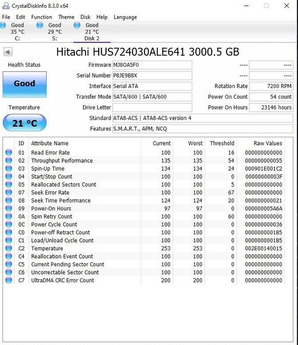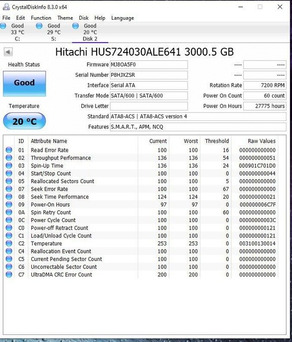First post, by xjas
- Rank
- l33t
I'm vaguely formulating a plan to upgrade my home backup system. Noticed SAS drives are significantly cheaper than SATA drives for the capacities I'm looking for (4-8TB). Like, half price by the time you get them into my dollars with shipping.
I assumed this was because the controller cards were rare/expensive, but nope. Ebay is flooded with $10 SAS controllers.
Ideally I'd like 2 x 8TB in RAID-1 mirror, but I'd probably do fine with 6. I have a little 2-bay desktop SATA NAS right now, but I'm not averse to building a cheap mATX PC and rolling my own with FreeNAS or some other distro. I'm a bit wary of using a hardware RAID controller, I'd rather do it in software and run a standard filesystem (XFS, ZFS, ...) just so I can read the drives on something else if the controller dies, but my mind can be changed on that.
What's the downside to going this route? Any hidden gotcahs?
twitch.tv/oldskooljay - playing the obscure, forgotten & weird - most Tuesdays & Thursdays @ 6:30 PM PDT. Bonus streams elsewhen!
